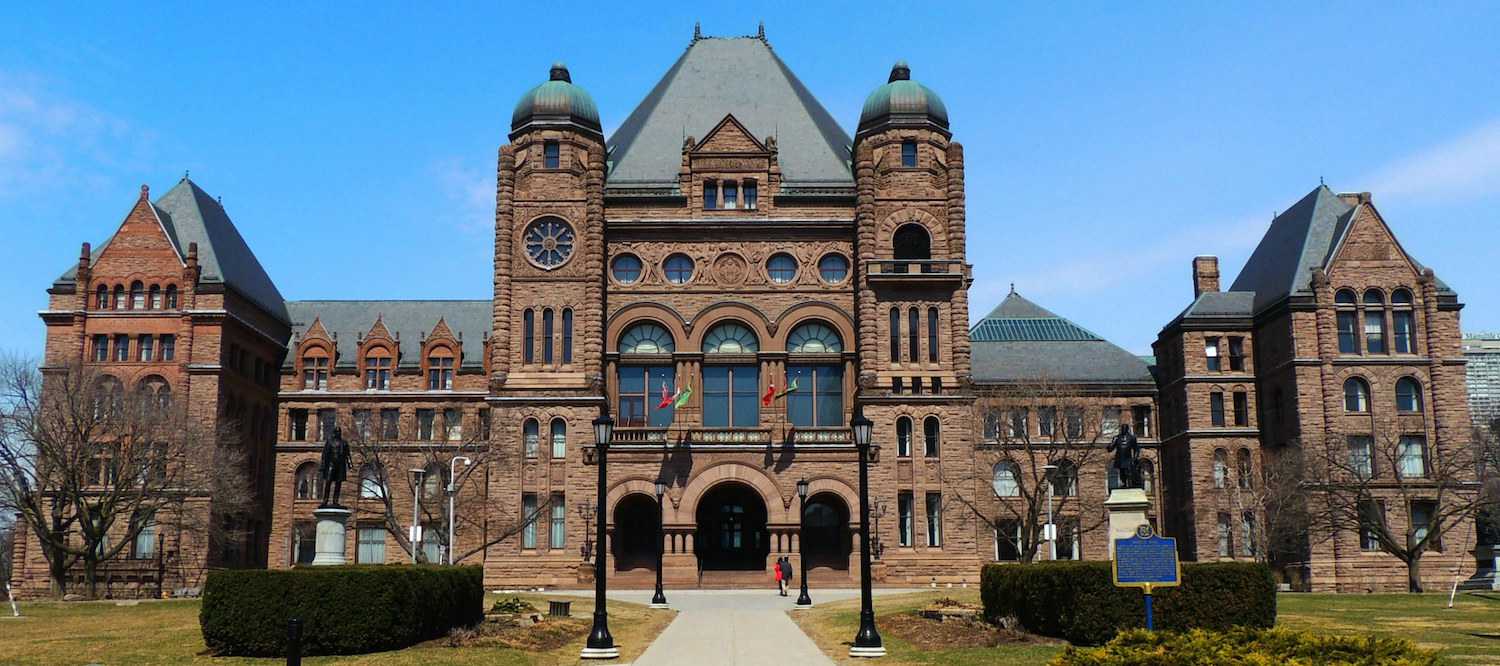
Event Details
- Monday, April 11, 2016
- 12-1 pm EDT
- Free
- Online
Recycling Cap-and-Trade Revenues in Ontario
Live-streamed Panel Discussion
Ontario’s cap-and-trade system will come into effect January 1, 2017. The system will be linked with California and Quebec’s under the Western Climate Initiative, and is expected to raise $1.9 billion in its first year. How this revenue is recycled back into the economy can affect both economic and environmental objectives. Join us for a panel discussion to discuss the trade-offs of different revenue recycling options, including how to address household fairness and business competitiveness. And check out our #RevenueRecycling blog series too.
Moderator

Chris Ragan
Chair, Canada's Ecofiscal CommissionMcGill University, Department of Economics
Expert Panel
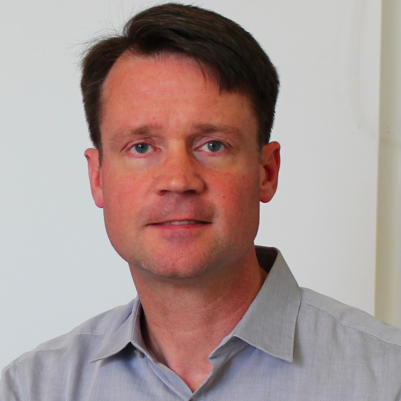
Mark Cameron
Executive Director, Canadians for Clean ProsperityOriginally from British Columbia, Mark lives in Ottawa, Canada and has worked in public policy roles in government, business and consulting for over 20 years.
He has worked in several MPs and Ministers offices, including five years with Prime Minister Stephen Harper as Senior Policy Advisor and Director of Policy and Research. He has also worked for Ontario Power Generation, BlackBerry, and as a consultant on energy and environmental issues, most recently heading the energy practice at Hill+Knowlton Strategies. Mark has long been engaged in the environmental policy debate in Canada, and serves on the advisory board of the Pembina Institute and the steering committee of Sustainable Prosperity.
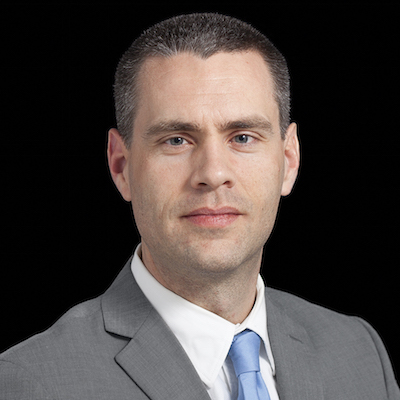
Mike Moffatt
Assistant Professor, Business, Economics and Public Policy group, Ivey Business School, Western UniversityMike Moffatt is an Assistant Professor in the Business, Economics and Public Policy group at Ivey. An economist by training, Mike’s interests relate to the intersection of societal issues, public policy and economic growth. He has provided expert testimony to both the House of Commons Standing Committee on Finance and the Standing Senate Committee on National Finance. Mike conducts his public policy research at the Mowat Centre, Ontario’s non-partisan, evidence-based voice on public policy, where he holds the title of Chief Economist.
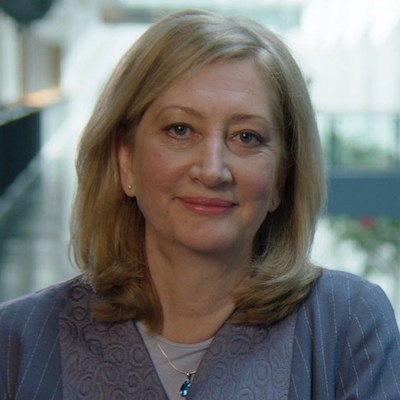
Vicky Sharpe
Senior Fellow, International Institute for Sustainable DevelopmentDr. Sharpe has 35 years of diverse energy and natural resource sector experience, extensive investment networks, international exposure mainly in the power sector and is a seasoned director working with start-up and more mature Boards. Possesses an ICD.D (2005) designation and listed on Women on Board and the CBDC Diversity 50 for 2015. She built SDTC (Sustainable Development Technology Canada), whose 280+ companies deliver increased productivity and competiveness to primary economic sectors in Canada enabling increased valuations and export revenues. She took public funding of SDTC from $100 million in 2001 to $1.4 billion in 2014 and mobilized private capital for project and commercialization financing of over $4 billion. Vicky has received awards recognizing her work in advancing sustainability and clean capitalism.
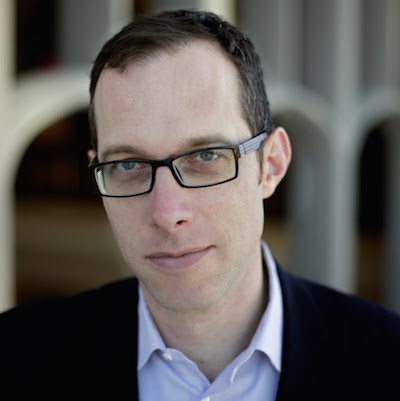
Rick Smith
Executive Director, Broadbent InstituteA prominent Canadian author, environmentalist and non-profit leader, Rick is the Executive Director of the Broadbent Institute.
From 2003 to 2012, he served as Executive Director of Environmental Defence. He is the co-author of two bestselling books on the health effects of pollution: Slow Death by Rubber Duck: How the Toxic Chemistry of Everyday Life Affects Our Health (2009) and Toxin Toxout (2014). A Quill & Quire “Book of the Year”, Slow Death by Rubber Duck has been featured by the Washington Post (which said it “is hard-hitting in a way that turns your stomach and yet also instills hope”), Dr. Oz, Fox News, and Oprah Magazine, and translated into six languages.
Rick is a former Chief of Staff for the federal NDP, and has led many successful campaigns for important new public policies at the federal and provincial levels related to environmental and consumer protection, urban planning and green jobs creation. Originally from Montreal, he holds a Ph.D. in biology from the University of Guelph, is currently a Director of Équiterre and the Greenbelt Foundation, and a member of the Panel of Environment and Sustainable Development Advisors for the Commissioner of the Environment and Sustainable Development of Canada. When not working in an airport terminal somewhere, he lives in east end Toronto with his wife Jennifer Story and their two young boys.
